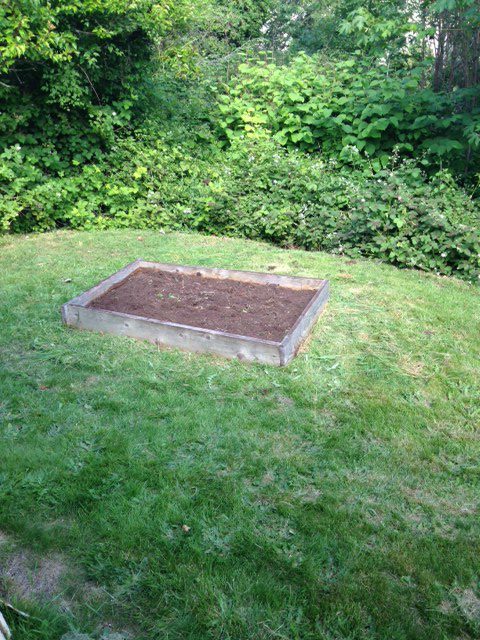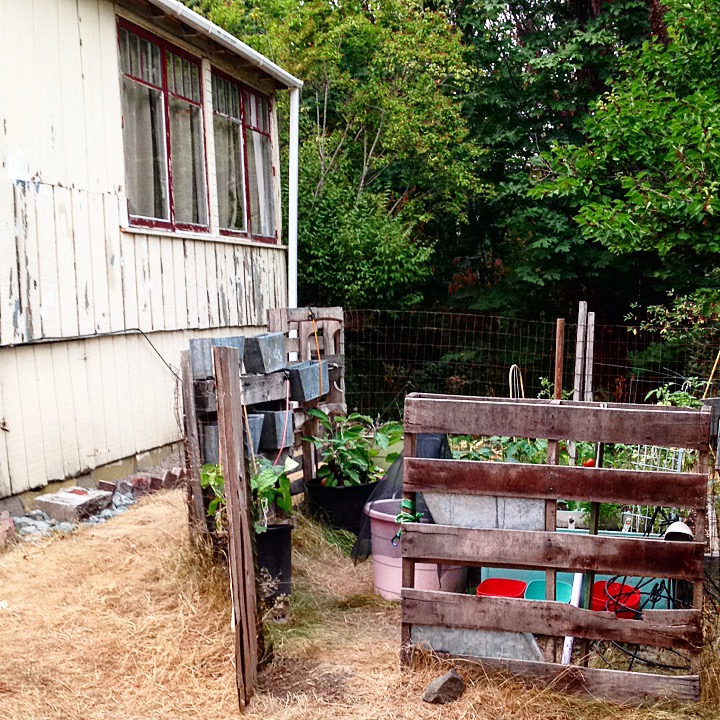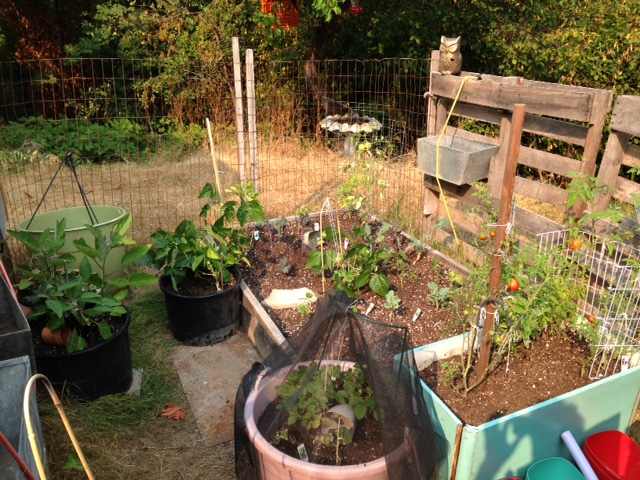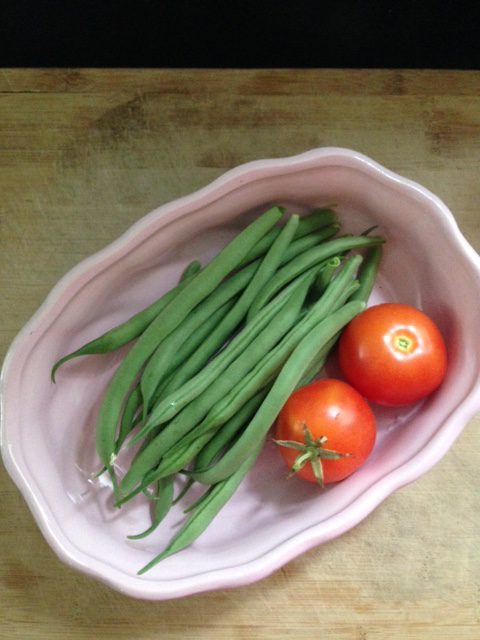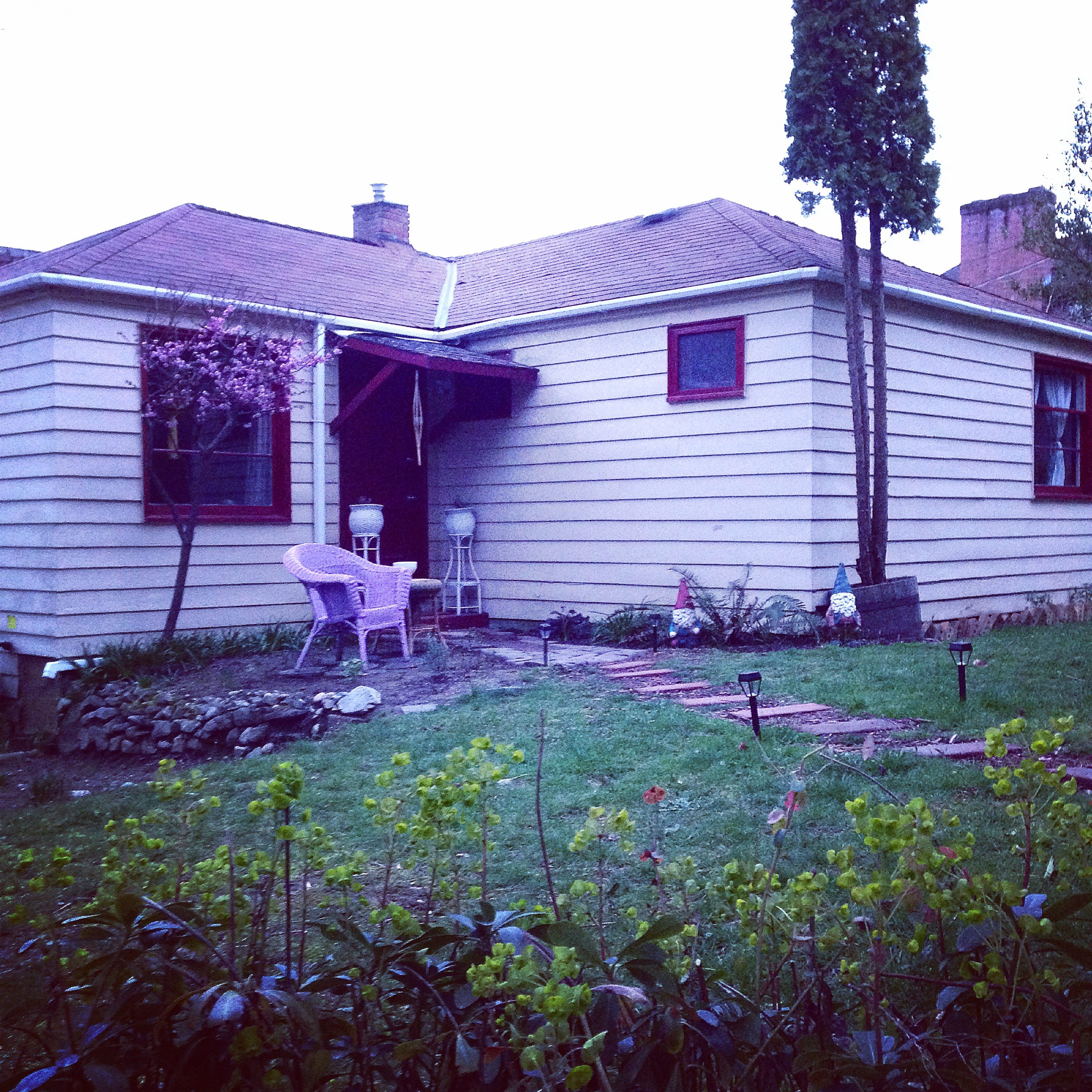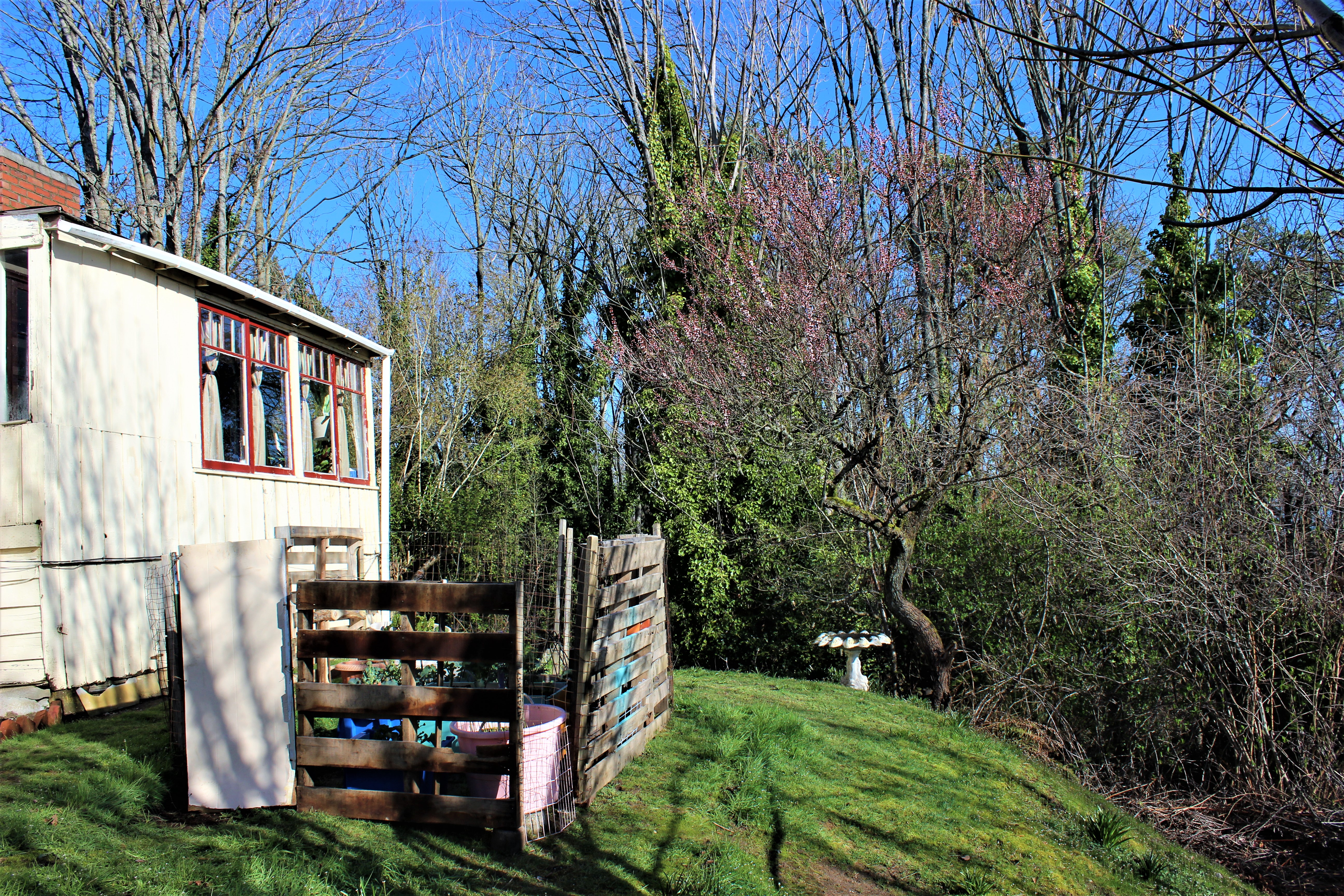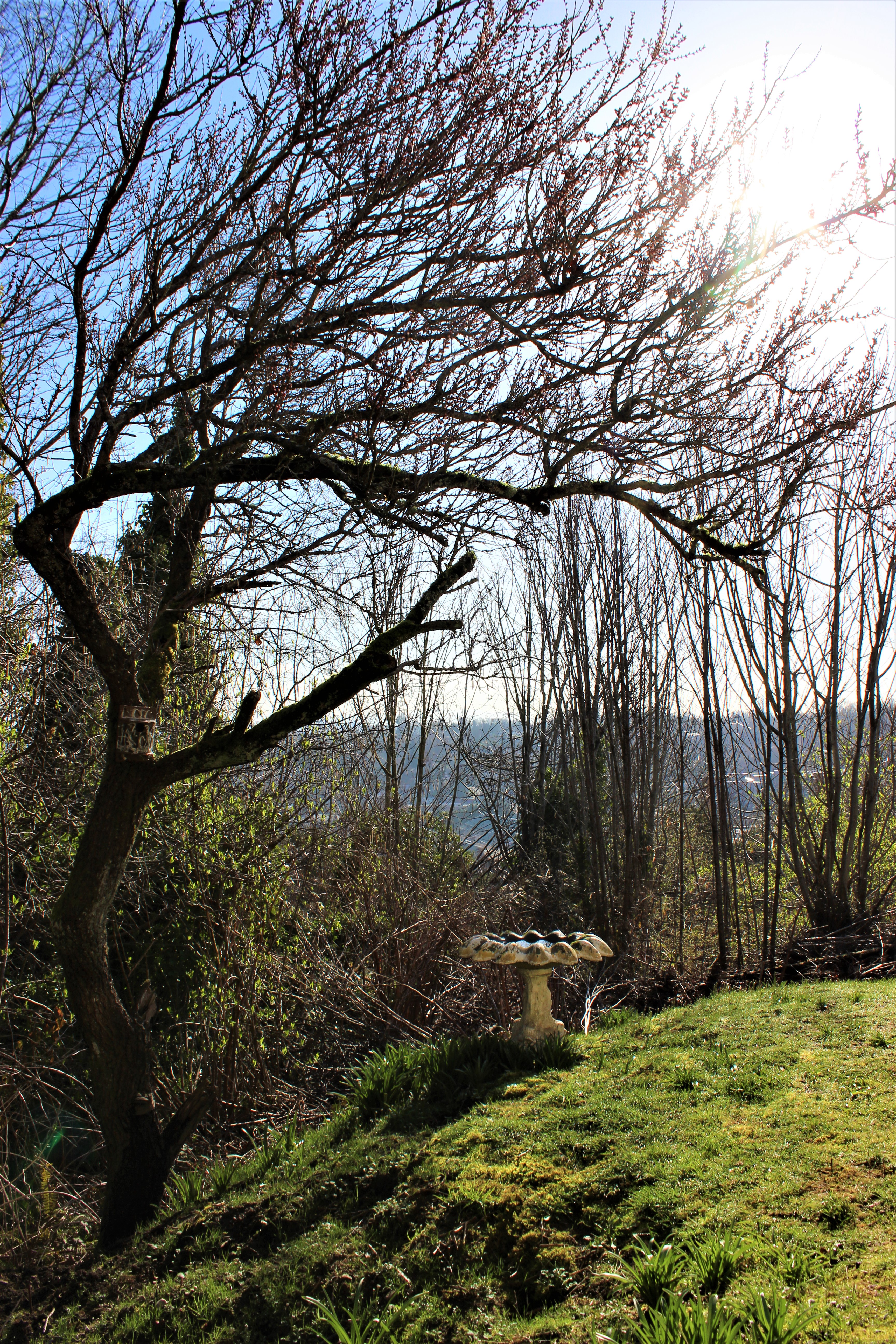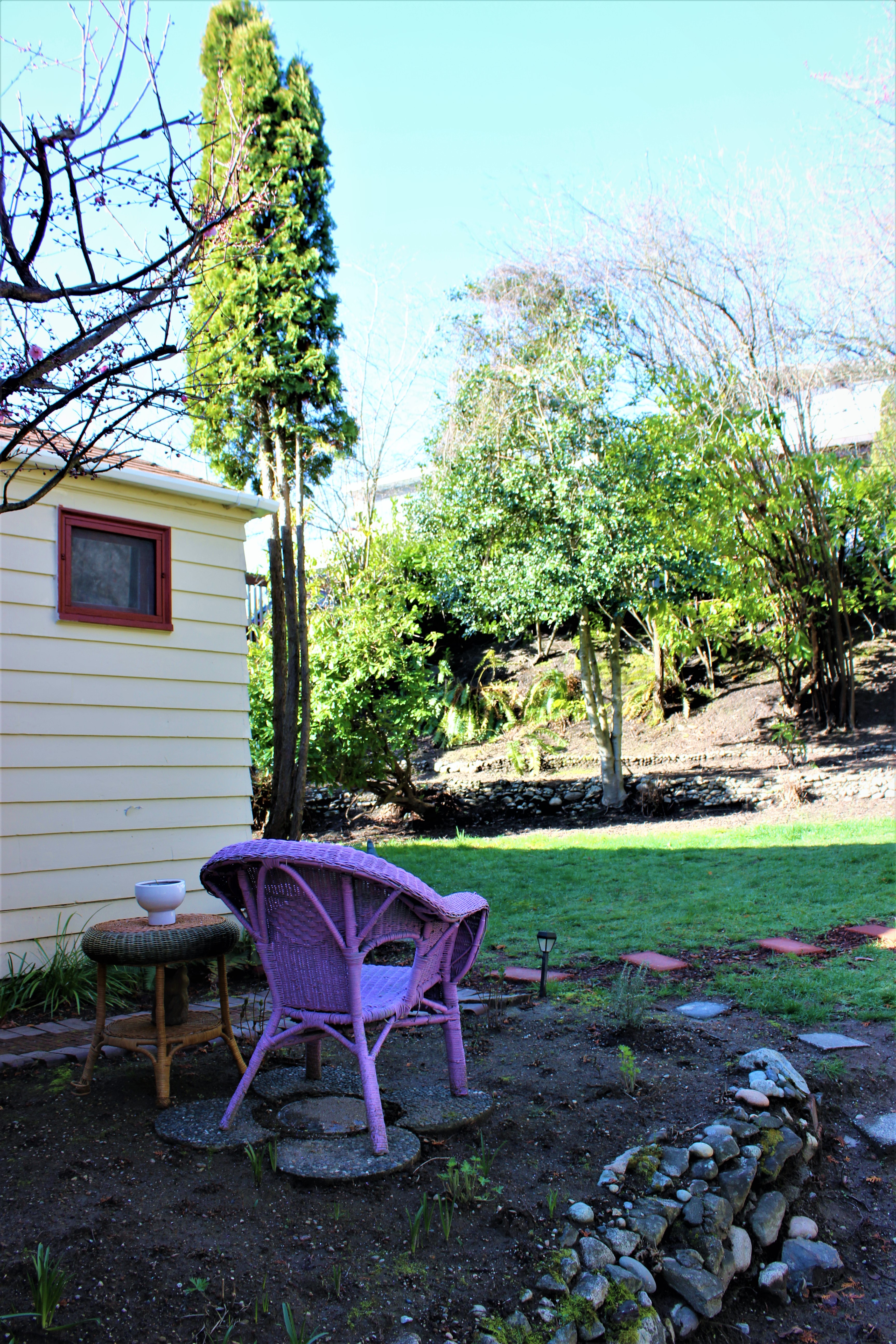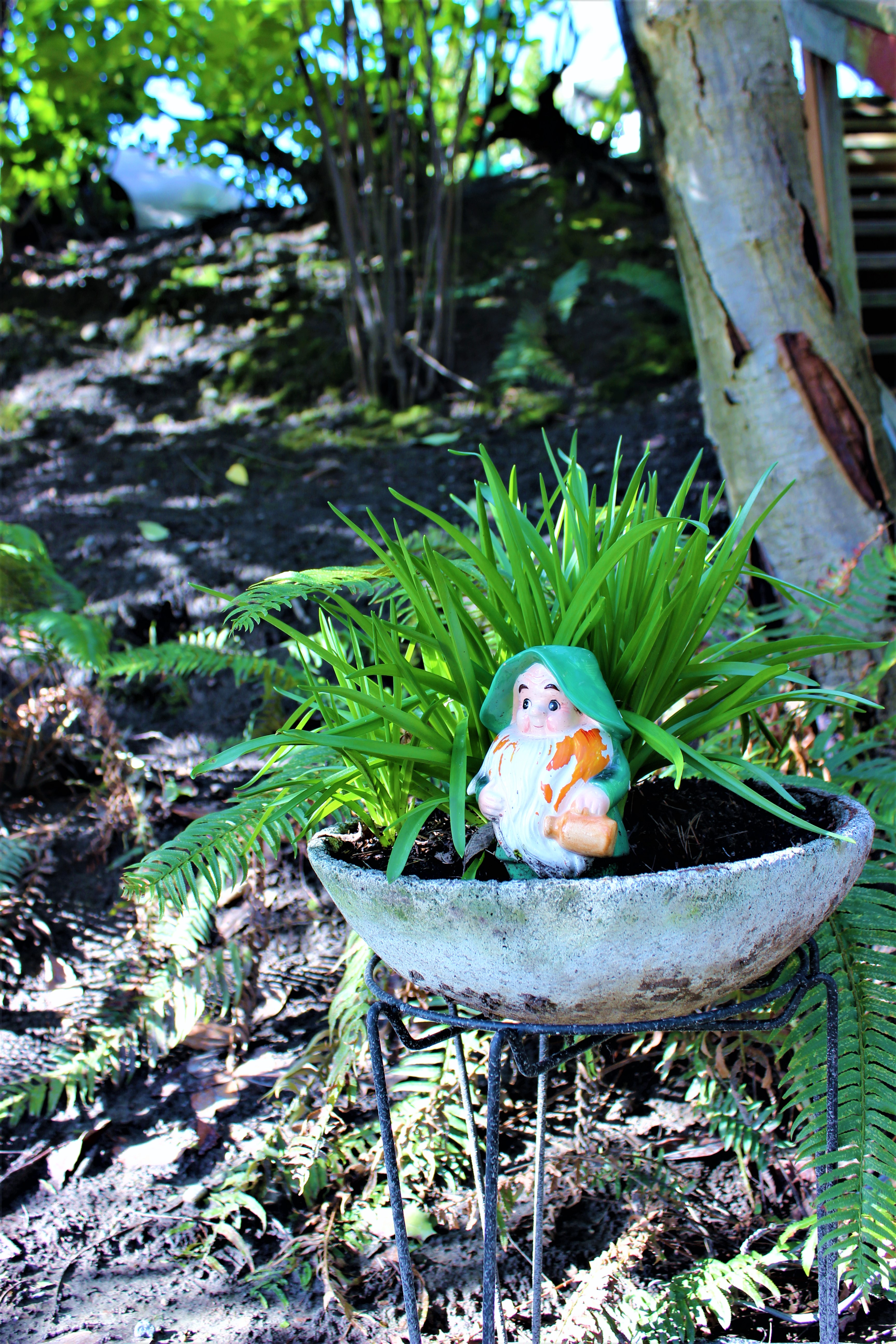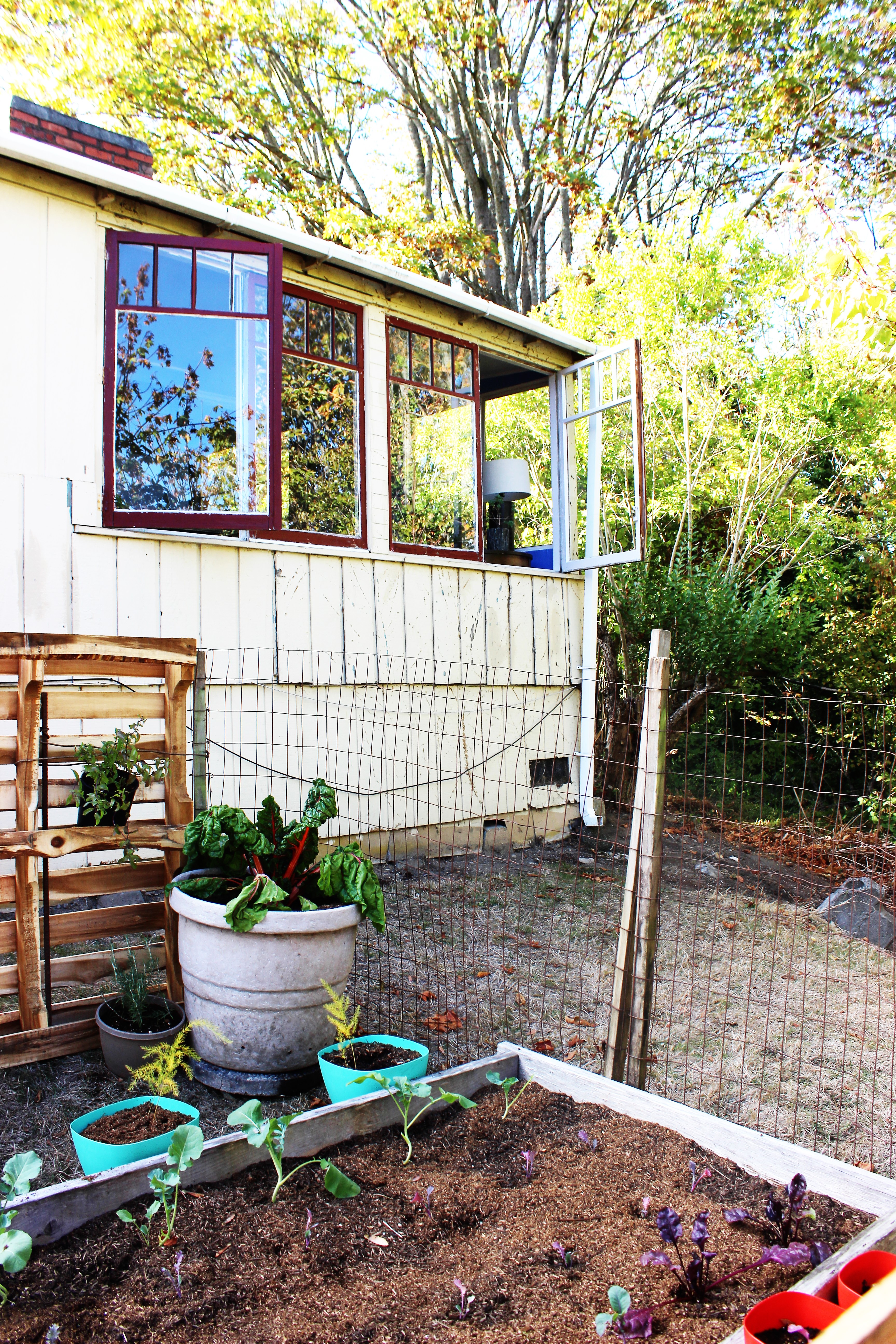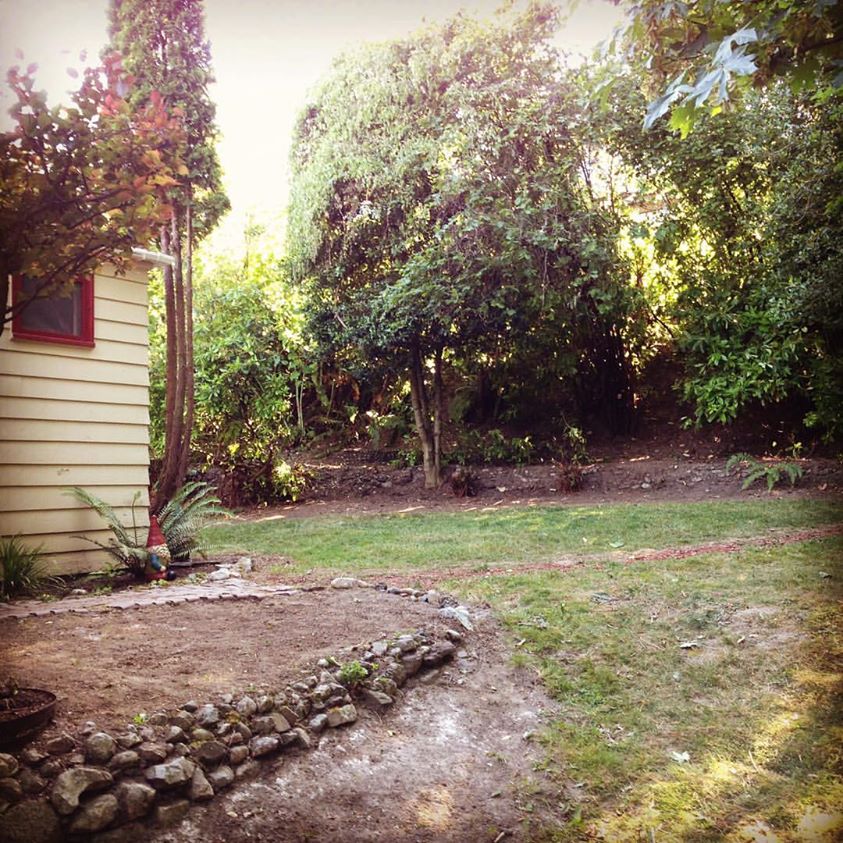A curious feeling swept over me when I realized the Trader Joe’s cashier scanning my tempeh once sat on my toilet and fucked in my bedroom.
Like most new tenants, I’d spent the first week in my apartment receiving former residents’ mail—briefly scanning their names, shuffling the junk into overflowing recycling bins, and nosily assessing the heft of more serious parcels before shoving them back into the outgoing mail slot. Her name was one of four I’d come to know in my very brief tenure as an addressee reviewer. And then, quite suddenly, here she was: the person matching the standardized black-and-white typeface printed across coupon packets.
Her nametag was chipped at the edges and hanging askew. She smiled, waiting patiently as I wrestled from my laden basket a burrito and box of chocolate.
“Nothing like stress eating after signing a new lease,” I chuckled, waiting for the card reader to cooperate.
“Oh, where’d you move?” she asked, mechanically disinterested.
“Just across the street.”
“It’s a pretty good complex,” she said, her tone changing slightly as she ferried my groceries across the scanner. “I’m moving a few floors down, into another unit with my boyfriend.”
Where I’m from in Alabama, this would’ve been a revelatory exchange, a gateway encounter to a budding friendship. But in Seattle, I already knew there’d be no neighborly invitation to get to know one another tacked on as a conversational addendum. It was a simple, matter-of-fact observation.
“Small world,” I said, smiling back.
“Yep. Have a nice day.”
Days later, when my bathroom sink and shower drains began backing up, I imagined it was her long blonde hair contorted into amorphous, matted blobs that clogged the pipes.
***
My apartment was dark, save some light from the blue television screen—the conclusion of “Annihilation.” Around me, plants listed lethargically, while others hurtled into an even more obvious state of unstoppable decay—my beloved, mammoth African violets rotted shades of what they’d been back at Gay Gardens. Even my most prized geranium—once over six feet tall—shrunk markedly, its tendrils browning, its sinewy body stiffening and breaking down. As each floral charge withered despite my best efforts, I mentally reframed their demise as altruistic entropy—unburdening me of their care, pushing me onward. Even as they diminished, a sense of resilience continued to grow inside of me. I scanned the apartment, regarding it more for the necessary aspects it afforded—shelter, security—than its ebbing decorative vitality. Naked brass screw-ends pocked the wall, free of their framed charges, and corners sat shadowed, devoid of their previously appointed furniture.
“I’m pretty sure it’ll fit right there along the back,” I said, arcing my arm across the pickup’s deep bed, whilst watching the foreboding sky, willing it not to open up.
Moments later, the sideboard I’d lovingly restored a decade before on the stoop of my first apartment shuddered down the road—its heavy, beveled mirror angled upward, reflecting the graying sky.
The day prior, I’d bid farewell to my beloved Mission-style dish cabinet as it made its way to a farm in Oregon. When I walked back into the apartment, I followed the cabinet’s vestigial trail of white paint flecks to a bag of fresh produce and herbs—the bartered portion of the cabinet’s cost.
A few nights later, my eyes watered as I gently, methodically, set down the basket of remaining Fiestaware into the woman’s cigarette smoke-saturated car. As I nudged one additional bag into the floorboard, I recalled the rush of adrenaline I’d felt over a decade before when I ripped off the tightly wrapped, yellowed newspaper to reveal the brilliant turquoise plates and saucers—the striking colors gleaming in the scarce, dusty light of my parents’ attic.
Memories are much lighter than things, which can easily transform into beautiful traps.
***
We’re all renters—of life, space, objects. And yet, through social conditioning and mental self-subterfuge, many of us spend an inordinate amount of time convincing ourselves it’s entirely normal to expend our lives paying off debts incurred by attempting to own something we never will.
Downsizing my life over the past six months was an exercise in self-care and disciplined boundary-making. I pushed myself further than I ever thought I could—both in terms of acknowledging how little I needed to thrive, and the extent to which I could, with nearly surgical precision, emplace necessary boundaries to maintain my emotional and physical health. And through it all, I strived to acknowledge the privileges I carried in being able to do so.
For me, self-care has involved introspective reflection, study, and understanding of my place in the world: how I got to where I am, by which I mean what oppressive systems have I benefitted from over the course of my life, and what steps I can take each day to dismantle those same institutions and systems and restructure them to be equitable and sustainable. And in so doing, I’ve had to remind myself that I will always be a student—learning, failing, and working harder to get it right the next time.
Never did I expect a year to make such a difference—to be in a place where I’d have enough mental clarity to better understand the intersections of my interests in social justice, ecological sustainability, and health and wellbeing.
***
Adjusting my glasses, I perused the tiny panes of potential matches—assessing perceived flaws, swiping on the ones I thought would be incompatible, and jotting down notes. Each had its merits, but I knew what I wanted; I could wait for the right one. Good bones were a must, and any hint of faulty undercarriage was grounds for an outright dismissal: slipping transmission, pervasive rust, overtaxed motor. Unlike airbrush-happy Tinder users, buses had very little ability to hide their blemishes.
Thoroughly unimpressed, I darkened my phone screen and set it on my bedside table, and then reviewed my latest musings. Across the worn, tattered pages, I reread the plan I began devising in the Olympic Peninsula’s mist-covered woods months ago—to convert a school bus into a tiny home. I’ve dubbed it, “Not the worst plan.”
Feeling the rising anxiety and doubt, I took a breath.
You can do something this monumental. You already have.
Selling nearly everything I had of value helped free me from crushing credit card debt, untether me from the strangling grasp of materialism, and add a modest contribution to a long-empty savings account.
In downsizing even further over the coming year and a half, I intend to push myself into uncomfortably uncharted territory as I prepare to live within a much tinier, more mobile footprint. My goal is to live as efficiently and sustainably as possible, have a home that is mine and not the bank’s, and mobilize it so I can move wherever, like a hermit crab. Ultimately, I want to operate on the periphery of this hyper-consumerist, capitalistic system as much as possible, to live more freely.
The hardest parts are yet to come, but I’m tired of paying exorbitant rent for a place I don’t like and that isn’t reflective of me, that limits my creativity. And as thrilling as it can be to live in a thrumming city, I’ve grown weary of being surrounded by the droves of closed-off shell people scuttling to and fro, heads angled down—their entire worlds seemingly confined to their phone screen. I want to look up, toward the tree-lined horizon, whenever possible.
My plan is a wholly different re-imagining of what I thought my life would look like by my mid-thirties. And while I never expected to become an increasingly tattooed gay with a penchant for wearing loud sweaters living in a skoolie alongside an overly anxious Chihuahua, I’m learning to love the idea.
There are so many steps in between the here-and-now and the there-and-done. But having my atypical goal post set far afield from traditional expectations, I feel more empowered than I have in a while.
Because I want freedom from the surrounding monotony; to drift into wide open spaces, rove through forgotten places, and embrace the changing scenery—the glamor and tarnish: a space apart.

![[Image description: an overgrown raised bed with trash and weeds.]](http://www.yellowbrickmissives.com/wp-content/uploads/2017/09/IMG_8452-e1505063111210.jpg)
